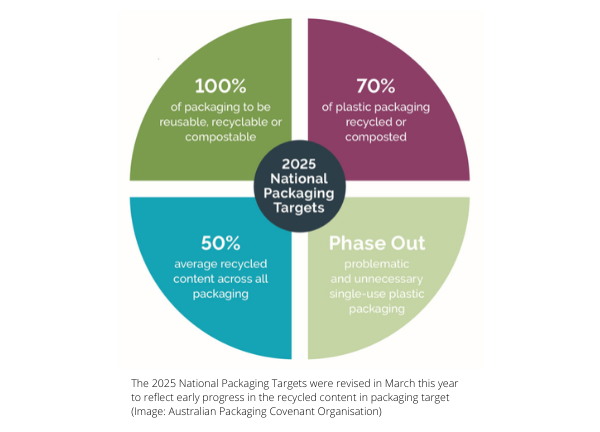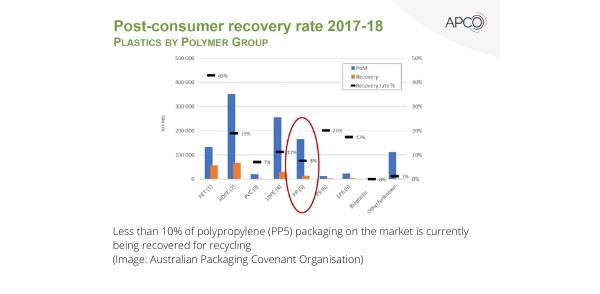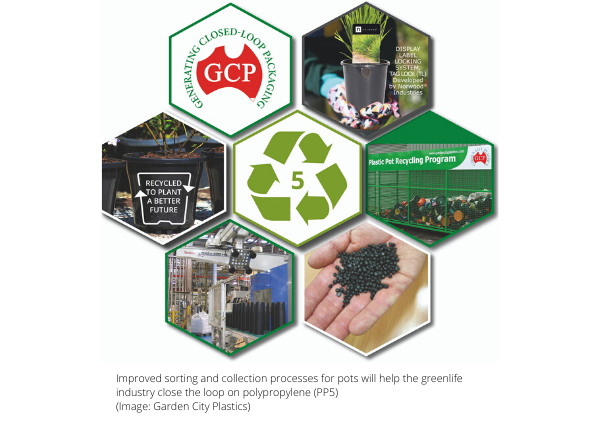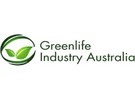

Waste export ban
With the Council of Australian Governments (COAG) announcing a waste export ban on waste plastic, paper, glass and tyres to be implemented over the next five years, APCO is now working hard to help various industry sectors move to a circular economy. Members of the greenlife industry are already leading the way, namely by closing the loop on polypropylene.
The greenlife industry is a large user of polypropylene products, namely pots, labels, stakes, trays, and tubs. Garden City Plastics (GCP) currently use over 7 million kilograms of recycled polypropylene annually to manufacture pots and containers for these customers. Matthew Mills, GCP’s National Sales & Marketing Manager, says they aim to increase that amount to 10 or 11 million kilograms by the end of 2021. However, Matthew says that better collection and sorting of polypropylene ‘waste’ is being established to help meet this goal.
Closing the loop
Matthew explained that improved sorting and collection processes now means that GCP will be able to make coloured plant pots for the first time from fully post-consumer recycled polypropylene, e.g. yogurt lids, takeaway containers, rather than virgin material.
Previously polypropylene collected through household kerbside recycling systems is not separated out at MRFs (Materials Recycling Facilities). It ends up in mixed plastic bales for downgraded uses such as road base or waste to energy applications. Black polypropylene packaging is sent directly to landfill as a MRF’s infrared technology that cannot currently recognize carbon black, ‘seeing’ that shape as a void and sending it to landfill.
GCP is providing a commitment to its recycled material suppliers who collect, sort and wash both post-industrial and post-consumer polypropylene at dedicated facilities that they will buy it and reuse it, thus closing the loop on that material. Within the greenlife industry, GCP is helping to set up specific collection areas at wholesale and retail nurseries to help them sort their pots more efficiently and with less contamination.
Working with recycling partners Astron Sustainability and Polymer Processors, GCP is setting up trial sites across 32 locations in all states excluding ACT and the Northern Territory. Flower Power, Plant Mark, Andreasen's, Westland, Waratah and Daltons are some of those on board. GCP has also formed a partnership with Norwood Industries to educate the broader community about the benefits of capturing polypropylene in a closed loop and how our Green Life Industries are taking their part. Stay tuned for the launch of their new website www.pp5.com.au (currently under construction).

Where to from here?
Jayne and Matthew are creating an ongoing working group with a view to developing a voluntary framework for standardizing the use of sustainable and recyclable plastics in the greenlife industry. Starting with polypropylene, Jayne intends that the scope of this group will expand to address other packaging materials, e.g. expanded polystyrene (EPS), soft plastics and compostable packaging. The first meeting of this working group will be held in June.
For more information about this working group, please contact Jayne on (02) 8381 3700 or [email protected].
For more information: Greenlife Industry Australia
Greenlife Industry Australia
T: (02) 8861 5100
F: (02) 9659 3446
[email protected]
www.greenlifeindustry.com.au
